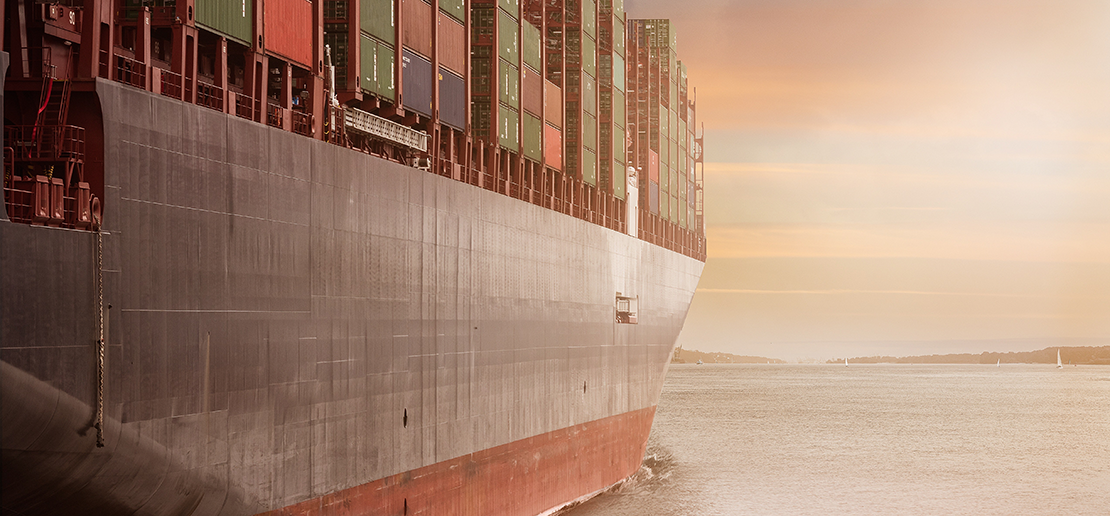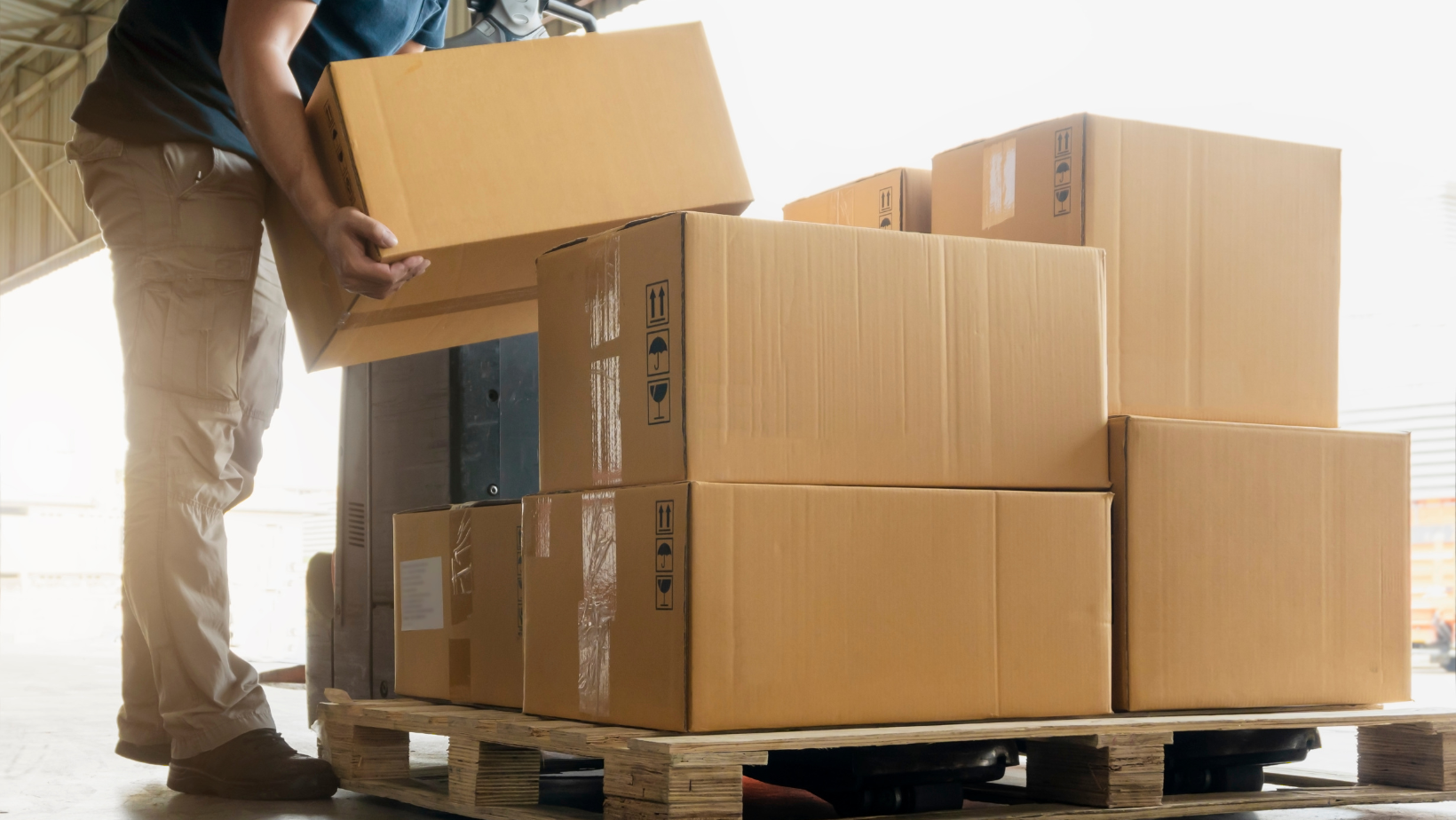Whether you’re a small business owner or own a worldwide, e-commerce store, keeping yourself up to date with shipping laws and regulations is vital to successful delivery and customer service. Since the introduction of Brexit, the import, export and VAT system and altered slightly, meaning there are now new measures in place when shipping outside of the United Kingdom.
Import and export rules
EORI numbers
Your company may now need to acquire an Economic Operators Registration and Identification code when sending and receiving goods between Britain and Europe. This personalised code helps to track shipments across borders, assisting with safety measures and customer tracking services.
Customs declarations
Britain’s departure from the EU single market and customs union has resulted in businesses having to declare imported and exported products to the border authorities. You can either hire a customs agent to deal with this or do it yourself.
Classifying goods
If you’re a small business, the new rules for shipping to Europe require the right commodity codes to be attached to all goods.
Restrictions on goods
Although there have always been restrictions on standard or fragile goods, you may find particular goods require a licence or certificate when shipping to the EU and beyond. Imports and exports would are affected can include:
- Animals and plants
- Diamonds
- Military goods and technology
- Antiques and artwork
- Medicines and chemicals
- Cultural importation
VAT reforms
Another major change that affects shipment and business is that anything shipped to the EU can now be zero-rated for British VAT due to the end of the Brexit transition period. To put it simply, this means no British VAT needs to be paid on the items shipped but the information must still be recorded.
Small businesses and shipping to the EU
With all these changes in place and customer satisfaction being such a huge part of a small business, let’s take a look at how small businesses specifically need to adapt to these new rules in order to keep their business afloat.
Preparing for shipment
As a small business owner, managing costs and dealing with invoices is part of your everyday routine and these skills are even more important when it comes to shipping to the EU. make sure you’re taking into account all the new figures and costs. Here are a few steps to take to prepare for EU shipment.
- Check export duties and rules in the destination country
- Apply for any required licences or certificates
- Apply for an EORI number
- Make sure all goods are classified with the correct commodity codes
- Attach complete invoice
- Safely secure export records and invoices
- Choose a reliable transport method and courier
Customer charges
It’s very important, especially for small businesses, to take new Brexit rules into consideration when setting charges for overseas orders. Building the costs of customs compliance, transport and potential tariffs into your charges will reduce damaging losses during transportation. You may also want to update your business terms and conditions to ensure your policy on shipping to the EU is updated and accurate.
Increasing your prices
Due to an increase in customer and shipping costs, increasing your general prices alongside this is perfectly reasonable. It is, however, important to not deter your customers. As many small businesses have a loyal customer base, making small changes shouldn’t be too detrimental.
Nationwide Courier Services
Nationwide Courier Services provide a range of courier options when it comes to shipping and transporting produce. Whether you’re sending off a gift or large clothing order, our courier services are here to help every step of the way.
We provide same-day courier services across the mainland UK including major cities such as London, Manchester, Nottingham, Birmingham and many more.
Feel free to call us today on 0115 9865276 for a free quote!




